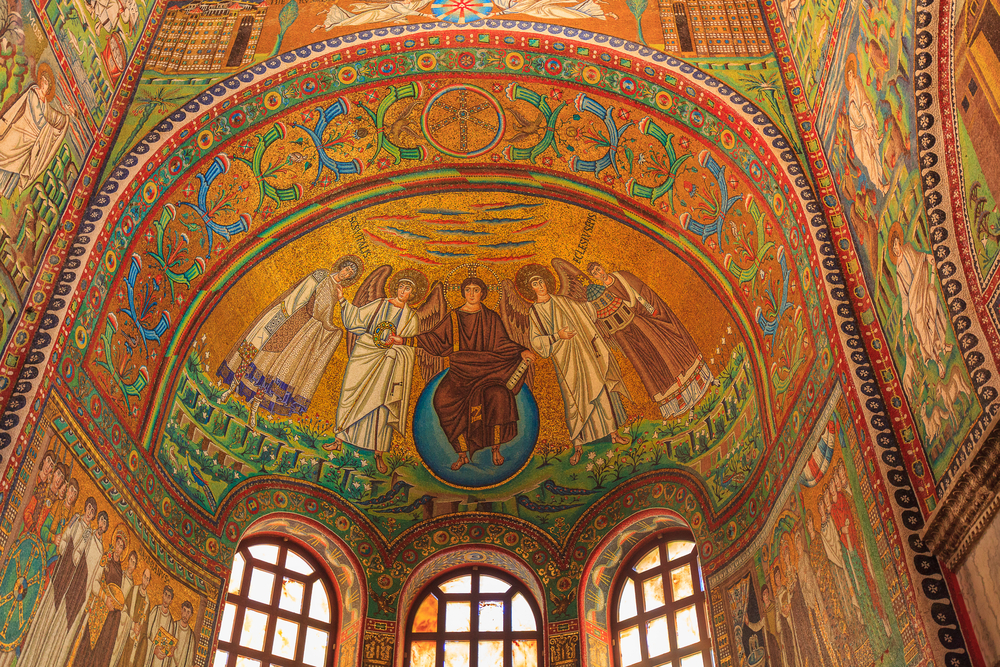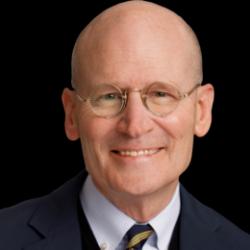Let me begin where I’ll also end: Nadya Williams’ latest book, Cultural Christians in the Early Church (Zondervan), is a masterful exercise in historical research, a compelling portrait of early Christians who professed Jesus with their words but not with their actions. It’s also thoroughly enjoyable to read. Engaging in style and rich in human detail, it’s designed for a general audience, not just professional academics.
As a record of past events, Cultural Christians matters because history matters. And history matters because memory matters. A man with amnesia is a man without identity, doomed to repeat his mistakes. The same applies to communities of faith. History is a repository of lessons learned from experience. When accurately retold, it can teach religious believers two things: humility and hope. Humility, because humans have a bottomless capacity for sleepwalking into disasters; and hope, because we’re also graced with intellect, conscience, and free will, and God never abandons us. Thus, the great value of the Williams text lies in what we can learn from the past and its relevance for American Christians today.
But more on that in a moment. First, some context.
America, as a Catholic bishop friend likes to say, is the fruit of a mixed marriage: a child of both biblical faith and Enlightenment reason. The marriage was never perfect. It was often fractious. But in happier days, it produced a public square and popular culture shaped by a remarkable degree of responsible freedom. Now, as Christian practice steadily declines in the United States, mom and dad are getting a divorce. The result could get ugly, and the reason is simple. John Courtney Murray—the influential Jesuit theologian and a man clearly sympathetic to the American experiment—noted that, without its biblical grounding,
American culture, as it exists, is actually the quintessence of all that is decadent in the culture of the Western Christian world. It would seem to be erected on the triple denial that has corrupted Christian culture at its roots, the denial of metaphysical reality; [the denial of] the primacy of the spiritual over the material; [and the denial] of the social over the individual. … Its most striking characteristic is its profound materialism. … It has given citizens everything to live for and nothing to die for. And its achievement may be summed up thus: It has gained a continent and lost its own soul.
He added that, “in view of the fact that American culture is built on the negation of all that Christianity stands for, it would seem that our first step toward the construction of a Christian culture should be the destruction of the existing one. In the presence of a Frankenstein, one does not reach for baptismal water, but for a bludgeon.”
Murray spoke those words in 1940. Mainline Protestant Churches had already begun their collapse into the nation’s increasingly secular environment. He believed, or at least hoped, that Catholics would take their place as the culture’s Christian conscience. Catholics had faced a century of bigotry and occasional violence as a suspect minority in a heavily Protestant country. But precisely because of that, Catholics had a high degree of community integrity and potential public witness.
Murray’s reasoning thus made sense … in theory. In practice, he underestimated the U.S. Catholic appetite to assimilate. He also misread the culture’s capacity—the materialist spirit and hugely productive pragmatism at the heart of our national personality—to bleach out any serious religious witness and leavening. More than 80 years later, most American Catholics are indistinguishable from anyone else in the public square. Our current Catholic president is merely the most obvious example, an icon of where “cultural Christianity” leads. It would be easy to blame this on impersonal social forces, an inevitable result of the American Founding. But it would also be wrong. As Christians, we helped create our current environment. We chose it by our actions. We chose it by our omissions. And since there’s no quick fix for problems we behaved ourselves into, the only way out of them is by behaving differently. In other words, we need conversion. And that brings us back to the bishop friend I mentioned a moment ago, and one of his inconvenient truths: “Living as a Christian isn’t complicated. It’s just hard. Which is why so many of us don’t do it.”
As it turns out, and as Williams skillfully shows, a great many self-described Christians have always avoided actually “living as a Christian,” starting in the apostolic age. In a sense, this is hardly new news. Anyone familiar with the Acts of the Apostles and the epistles of Paul, James, and others, already knows the problems that plagued the earliest Christian communities: the backbiting, sexual immorality, factionalism, ambivalent loyalties, and apostasy. But we read of these things in the New Testament—a sacred text with a sacred glow—from a distance of 2,000 years. This can have an unintended effect, obscuring the immediacy and abbreviating the ugly reality of the sins, and detaching them from our own lived experience.
Not so with Williams. The author trained in the Classics and specializes in the Greco-Roman world. She drills down through the crust of the past to provide a kind of soil sample of Christian experience through the centuries. The result is a detailed record of “cultural Christians,” their foibles, and their unseemly compromises with the world in three distinct periods: the New Testament era, the age of persecutions, and the age of Constantine and beyond. Her reference to Cyprian, bishop of Carthage, and his third century text On the Dress of Virgins is especially memorable. He was irritated by the habit of consecrated Christian virgins bathing nude in mixed-gender Roman public pools. That does tend to stick in the imagination.
Williams’ purpose in writing is both simple and clear:
Instead of thinking of cultural Christianity as the exception, a phenomenon that could only flourish in very specific kinds of conditions, perhaps we should think of it as a default, a natural result of the fallen and sinful state of humanity … [and, because] so many of us too are cultural Christians, then trying to fix the world through politics or just through particular policies on marriage, for instance, will never work. Rather, we need to pursue genuine conversion and sanctification.
Williams writes for a primarily Protestant audience, and one of her targets is the nostalgia for an imagined golden age of early Christianity that can emerge in times of religious crisis. But in the real world, the Church has always been a mix of darkness and light, sin and heroic virtue. That’s the nature of our human clay. Nostalgia is a drug. It’s an anesthetic for the burdens that come with any serious Christian commitment. And as the historian Christopher Lasch noted, Americans are uniquely prone to nostalgia because we have so little interest in and facility with real history—a fact that’s hardwired into our nation’s gene code as a novus ordo seclorum, a “new order of the ages.” For Christians, this is lethal. Just as Jews have kept their distinct identity alive, despite centuries of persecution, through the discipline of zakhor (remembering), so too it must be with the Church. Remembering our history accurately, including its sins, reminds us of what we believe, who we are as a people of faith, and why God put us in the world. It sustains both our Christian identity and our mission.
I can’t close this review without noting a few reservations. Williams very nearly lost me in the first sentence of her introduction. There, and throughout her text, she dates events as CE (“common era”) rather than AD (anno domini, “in the year of the Lord”). It’s not a small thing. Words matter. Williams is a Christian scholar, writing for a Christian audience and a Christian publisher. If Jesus Christ truly is the center and most important event of human history, why would anyChristian author, or any Christian publisher, conform his or her dating of time to the artifice of a neutered academic vocabulary? It’s a needless concession.
It’s also odd that “pro-life” appears in the text only four times, “abortion” four times (one of them in the index, the other three in criticizing an excessive Texas law targeting abortion providers), and the Didache not at all. Written in the late first century, the Didache is one of the earliest Christian teaching documents. Its rejection of abortion is one of the defining marks of the early Christian community. Given the current American environment—with well over 50 million unborn children killed in the womb in the last half century, and billions of dollars underwriting the abortion industry—it’s strange that the author pays so little attention to the issue, especially given the contrast between early Christian practice and the behavior of so many nominal Christians today.
Finally, Williams’ narrative of “cultural Christians” in the past, while immensely valuable, can have the effect of obscuring the most obvious fact of all: Christianity survived, grew, and created an entire civilization—despite the sins of its people and leaders—because vast numbers of Christians actually did believe and actually did live their faith. Problems in the Church today can easily overshadow the fact that many fruitful efforts at renewal exist right alongside Christianity’s more prominent difficulties. And that’s a source of hope.
These concerns, however, don’t outweigh the great value of the Williams text. As a lesson for Christians today, Cultural Christians is a welcome encounter with reality.

